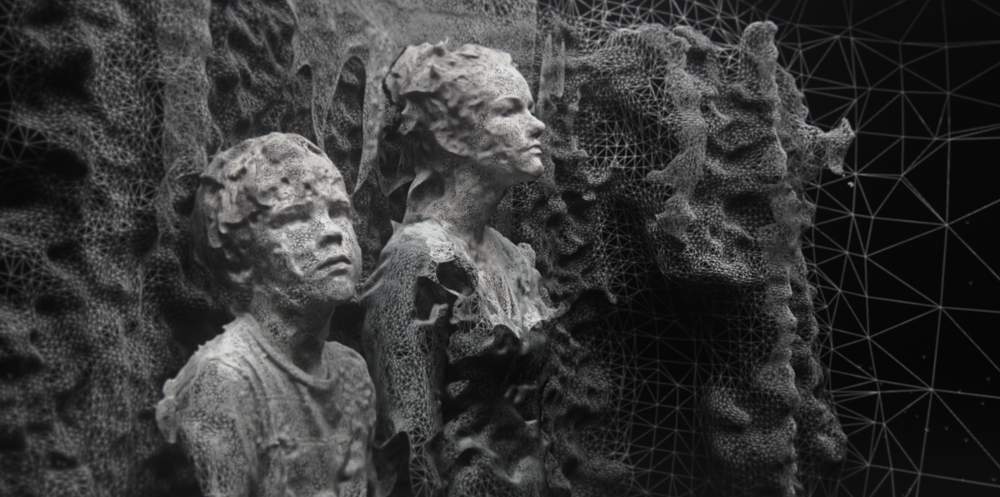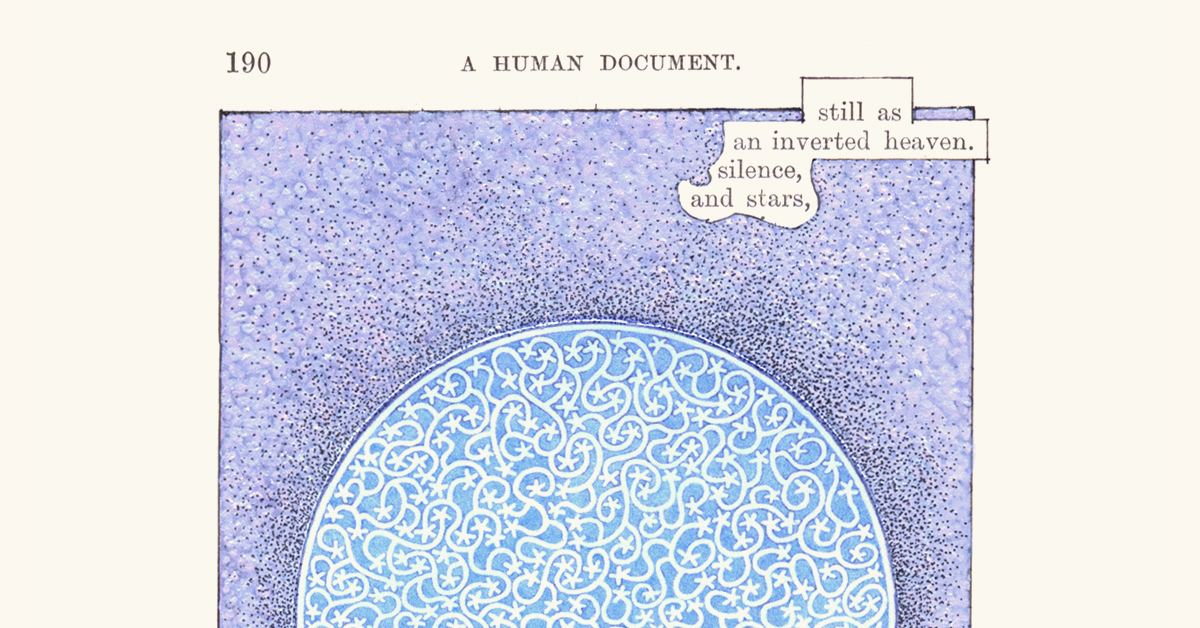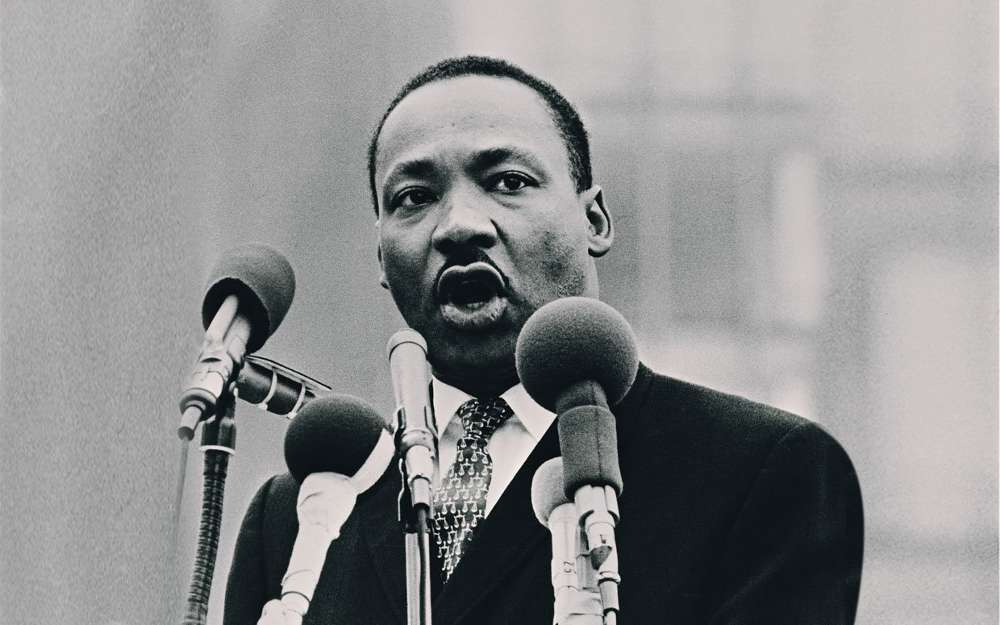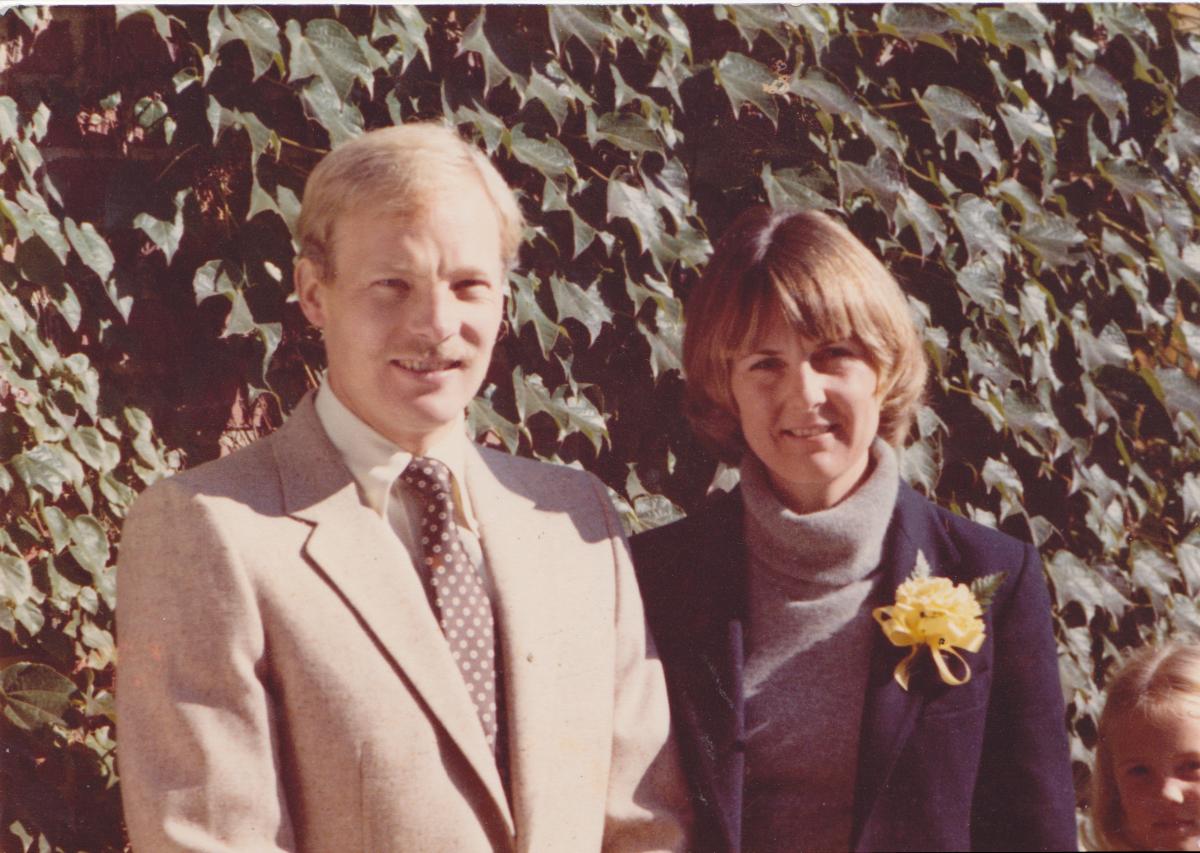Tag: organizational health
Fission or Fusion
I’ve always believed we have a lot to learn from physics, biology and math. Our individual and organizational behaviors often mimic the natural sciences. Humans have only been around for a couple of hundred thousand of years, but the laws of physics have been operating for 14 billion years. Perhaps we should learn from the natural laws that brought us to this place. Fusion and fission are a good place to start. Fusion occurs when Read More
Noticing Normalization
If you are a regular reader of this blog, you know that I try to stick with timeless themes vs. timely traumas. For example, I studiously avoid using the “T” word. In the last five years of posting, I have only slipped into the political muck a few times. While this post still remains true to timeless, generic, and universal principles, I apologize in advance for letting my toe slip into those seductive, but poisonous, Read More
Erase and Replace
Being human means dealing with the reality of our own death. As mortal beings, we will all be erased from the earth one day and be replaced by a new generation. In less dramatic fashion, we all deal with the fear of being erased and replaced as a part of our day-to-day experience. Sometimes we don’t feel seen, heard, or respected. And we often feel angry, alienated, and alone in the face of not being noticed, Read More
Possibilists
“Optimism is the faith that leads to achievement. Nothing can be done without hope and confidence.” —Helen Keller “Pessimism is a luxury that a Jew can never allow himself.” —Golda Meir Optimists believe that desired results will occur no matter what the facts may portend. Pessimists believe that bad results will occur no what the facts may indicate. Possibilists believe that desired results can happen given the right conditions and the right amount of work. Read More
The Second Question
“God may be in the details, but the goddess is in the questions. Once we begin to ask them, there’s no turning back.” —Gloria Steinem “To raise new questions, new possibilities, to regard old problems from a new angle, requires creative imagination and marks real advance in science.” —Albert Einstein In the age of sound bites, skimming, and superficial answers, we need to dig deeper for substantive solutions. Our inclination is to find “quick fixes” Read More
Conflict Clarity
“Whenever you’re in conflict with someone, there is one factor that can make the difference between damaging your relationship and deepening it. That factor is attitude.” —William James We all face conflicts in life. Conflicts occur then people have different points of view, values, and principles. There is no way we can avoid conflicts. We can develop a healthy attitude toward conflict, however, that enables us to calmly view differences as opportunities for growth. Healthy Read More
Systematic Sensitization
“Have we raised the threshold of horror so high that nothing short of a nuclear strike qualifies as a ‘real’ war? Are we to spend the rest of our lives in this state of high alert with guns pointed at each other’s heads and fingers trembling on the trigger?” ― Suzanna Arundhati Roy “The Cherokee used to fear that taking a photo would make them lose their souls. Over exposure and desensitization is pretty close Read More
Football Culture
“When I won the world championship, in 1972, the United States had an image of, you know, a football country, a baseball country, but nobody thought of it as an intellectual country.” —Bobby Fischer Well Bobby, I guess the more things change the more they remain the same. Speaking of football, my family was recently watching the annual Ohio State vs. Michigan football game that would determine who would go to the Rose Bowl and Read More
Good and Evil
“When the power of love overcomes the love of power the world will know peace.” —Jimi Hendrix The world can be a brutal place, a place where people gain power not by being wise and respected, but by dominating and manipulating others. Nietzsche believed we needed to free ourselves from this dominance and to recognize that “good” and “evil” are just words—words that have been used by the powerful to justify anything they might choose Read More
Caring Cultures
“Never believe that a few caring people can’t change the world. For, indeed, that’s all who ever have.” —Margaret Mead
I’ve been lucky in my life to be a member of many caring cultures. I felt loved and respected growing up. Strangely enough, my team of co-workers in a jail rehab program …
Tribes and Teams
“Before the rise of the nation-state, the world was mostly tribal. Tribes were united by language, religion, blood, and belief. They feared other tribes and often warred against them.” —Robert Reich When I conduct teambuilding sessions, I often start by administering a Myers-Briggs Type Indicator (MBTI) so that I can understand the different personality styles on the team. The idea is to identify and leverage differences to achieve optimal performance. The MBTI has a continuum Read More
The Constitution as Culture Audit
One of my favorite tasks as an organizational psychologist is to design, administer, and evaluate culture audits. The design process is the most important part because it entails asking the people in an organization to create norms and values of their own choosing. In focus groups, I ask people to share what they believe are the desired and required norms for their organizations, i.e. what kind of work environment would they find most exciting and Read More
No Dancing in These Halls
“We should consider every day lost on which we have not danced at least once.” —Nietzsche On a big gig with big Pharma, I brought my older daughter to help with collecting data and gathering impressions. After a week of intensive focus groups and walking through the corporate headquarters, she dryly commented, “Hmmm, there’s no dancing in these halls!” By that time in my career, I had worked with hundreds of organizations around the world, Read More
Helping or Hurting
It’s Day One after the election of 2016. I feel sick and scared. Who better to suggest a remedy for our spiritual malaise and existential crisis than the Dalai Lama? In a recent article in the New York Times (November 4, 2016), the Dalai Lama and Arthur Brooks co-authored a column: “Behind our Anxiety, the Fear of Being Unneeded.” It seems like an odd couple to me, but their message is profound. They point out Read More
Thinking and Believing
Believe me—Daniel Kahneman got it right: we are more likely to find stories that support our beliefs than seek out evidence in the pursuit of truth. Kahneman is a professor emeritus at Princeton University who wrote the best selling book, Thinking, Fast and Slow. His work is focused on the psychology of judgment and decision-making for which he was awarded the Nobel Prize in Economic Sciences. His findings challenge the assumption of human rationality. Clearly, Read More
Selecting Coaches
Forty years ago, I wrote my doctoral dissertation on the selection of counselors for public high schools. I didn’t write it to create a career-defining, landmark study. I wrote it to check off a box for the completion of my doctoral degree in counseling psychology. Little did I know that the profession of coaching and counseling would explode in the next century. Now, practically everyone either has a coach or is a coach. The question Read More







![The Library of Congress Hughey Gold [child with football]](https://rickbellingham.com/wp-content/uploads/2018/12/hugheygoldfb-2.jpg)








![[ C ] Chuck Close - Dalai Lama (2005) | Credit: cea+](https://rickbellingham.com/wp-content/uploads/2016/11/flickr_centralasian_dalailamabychuckclose_web.jpg)






